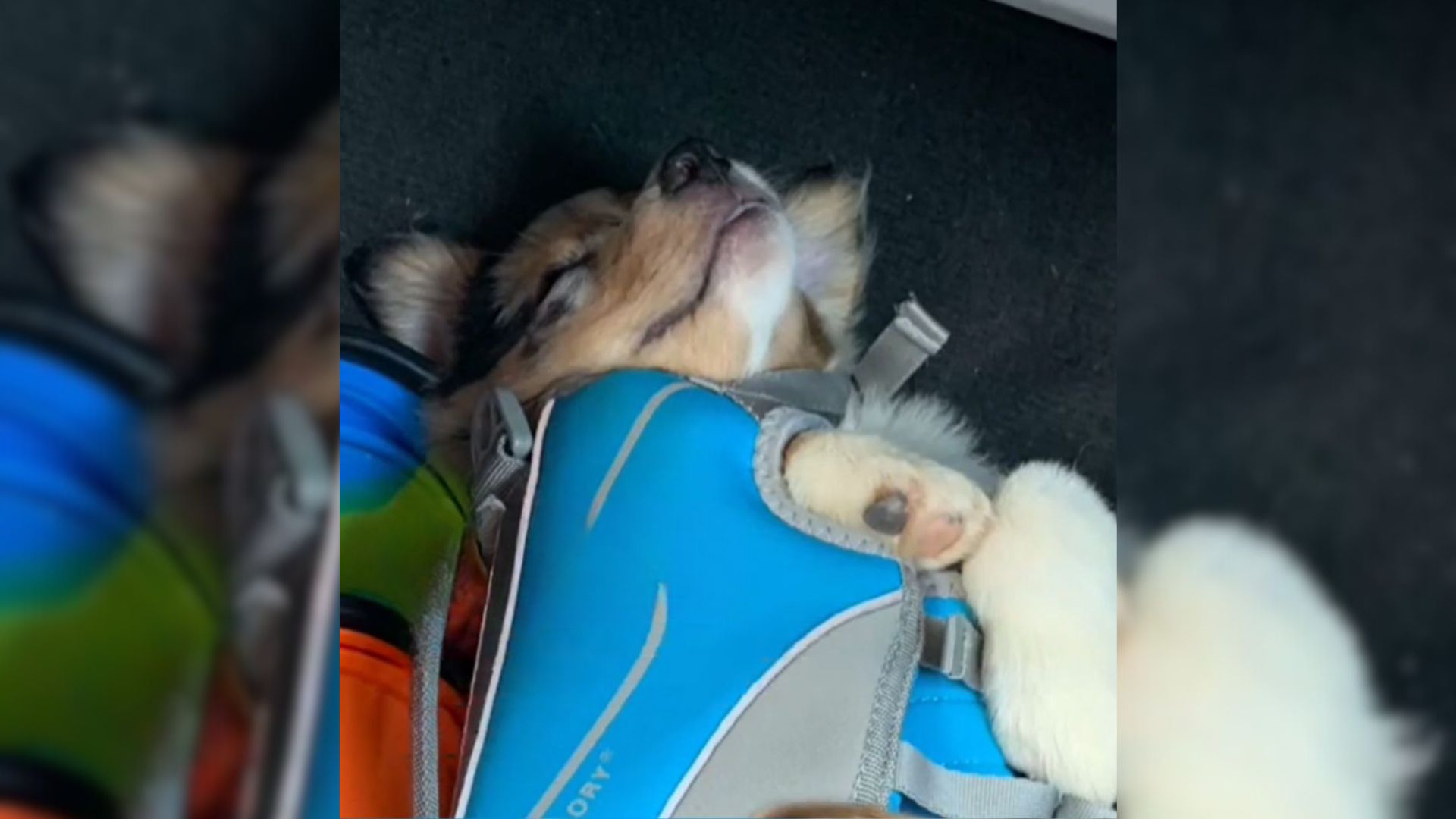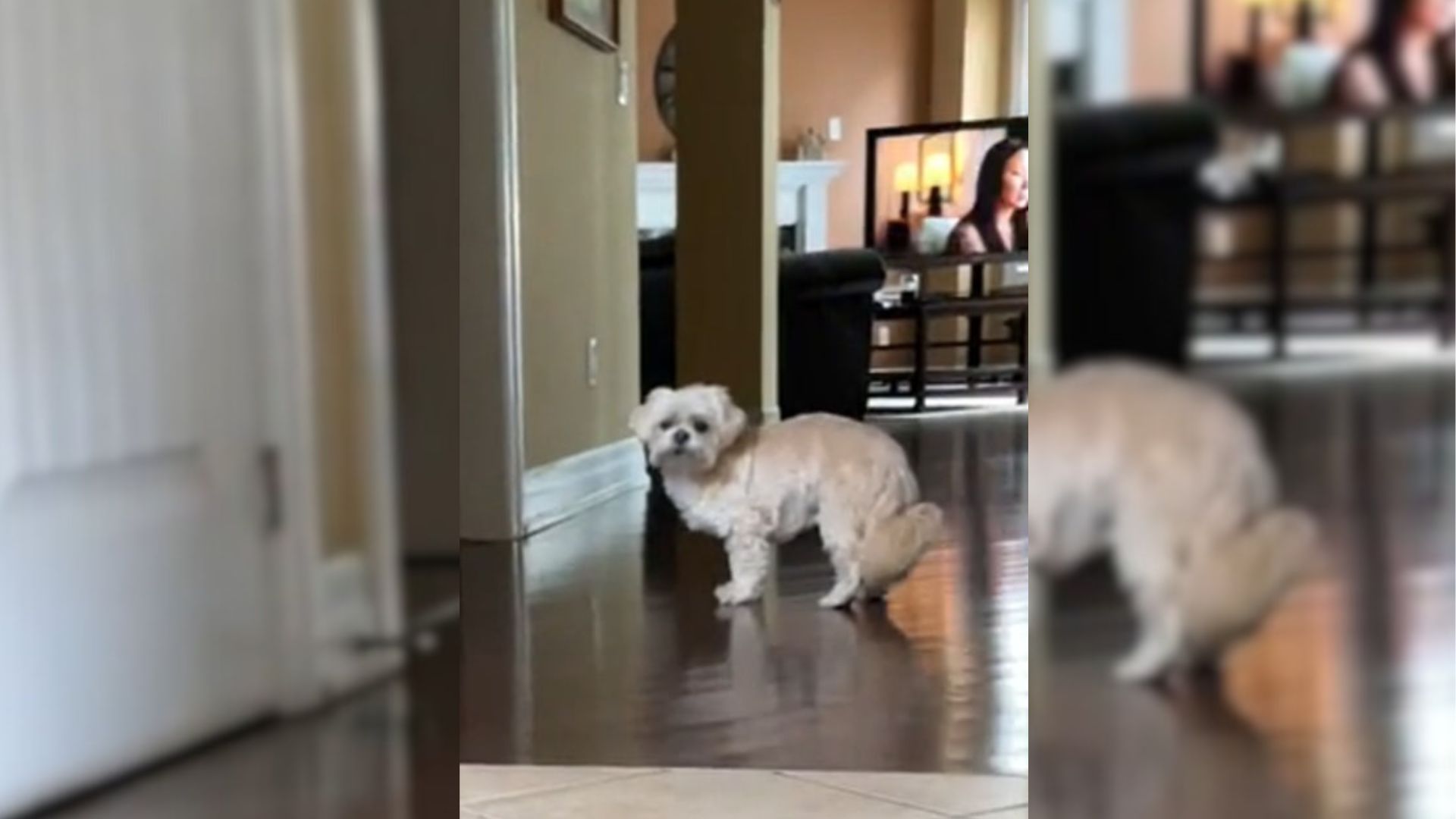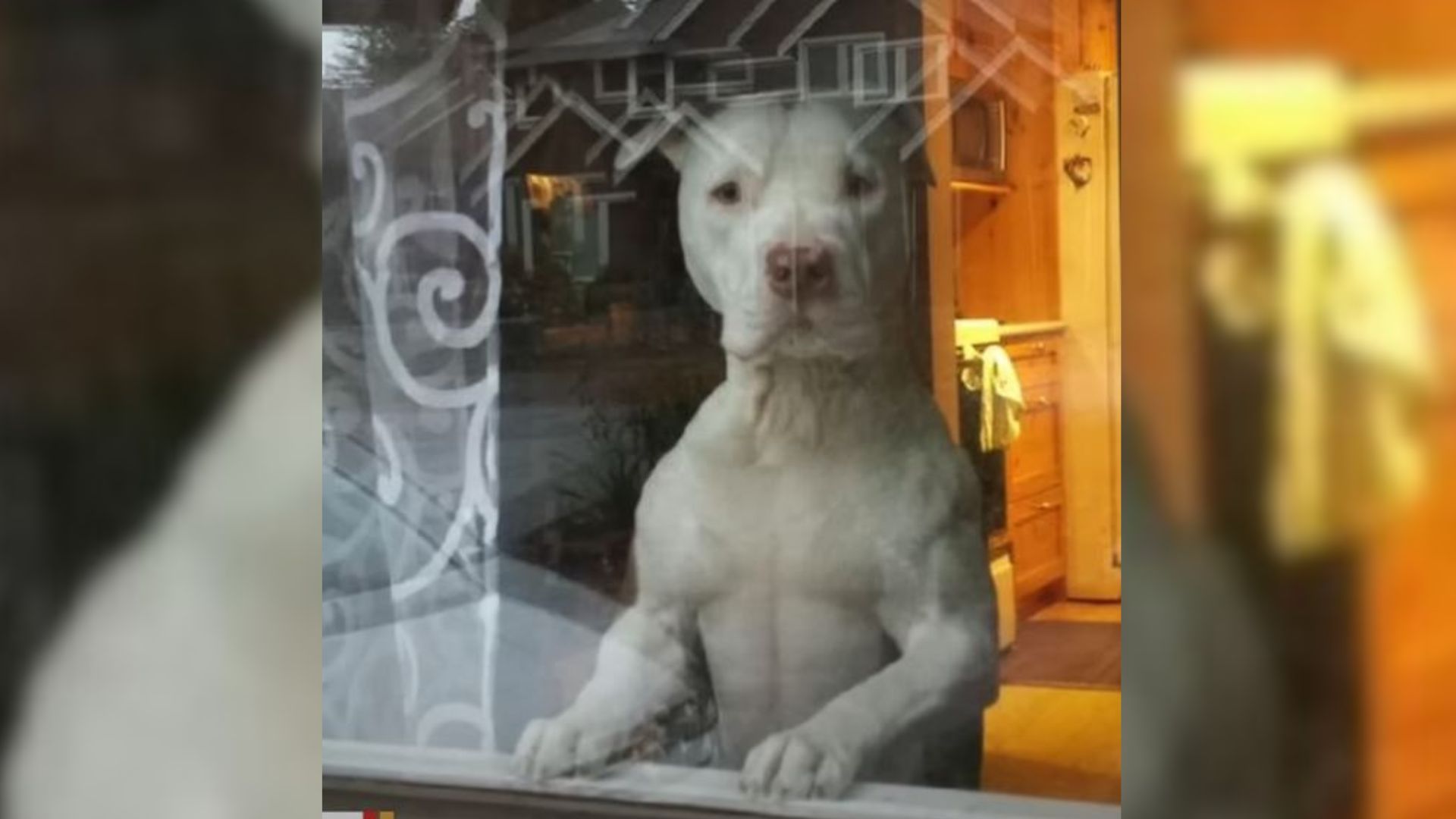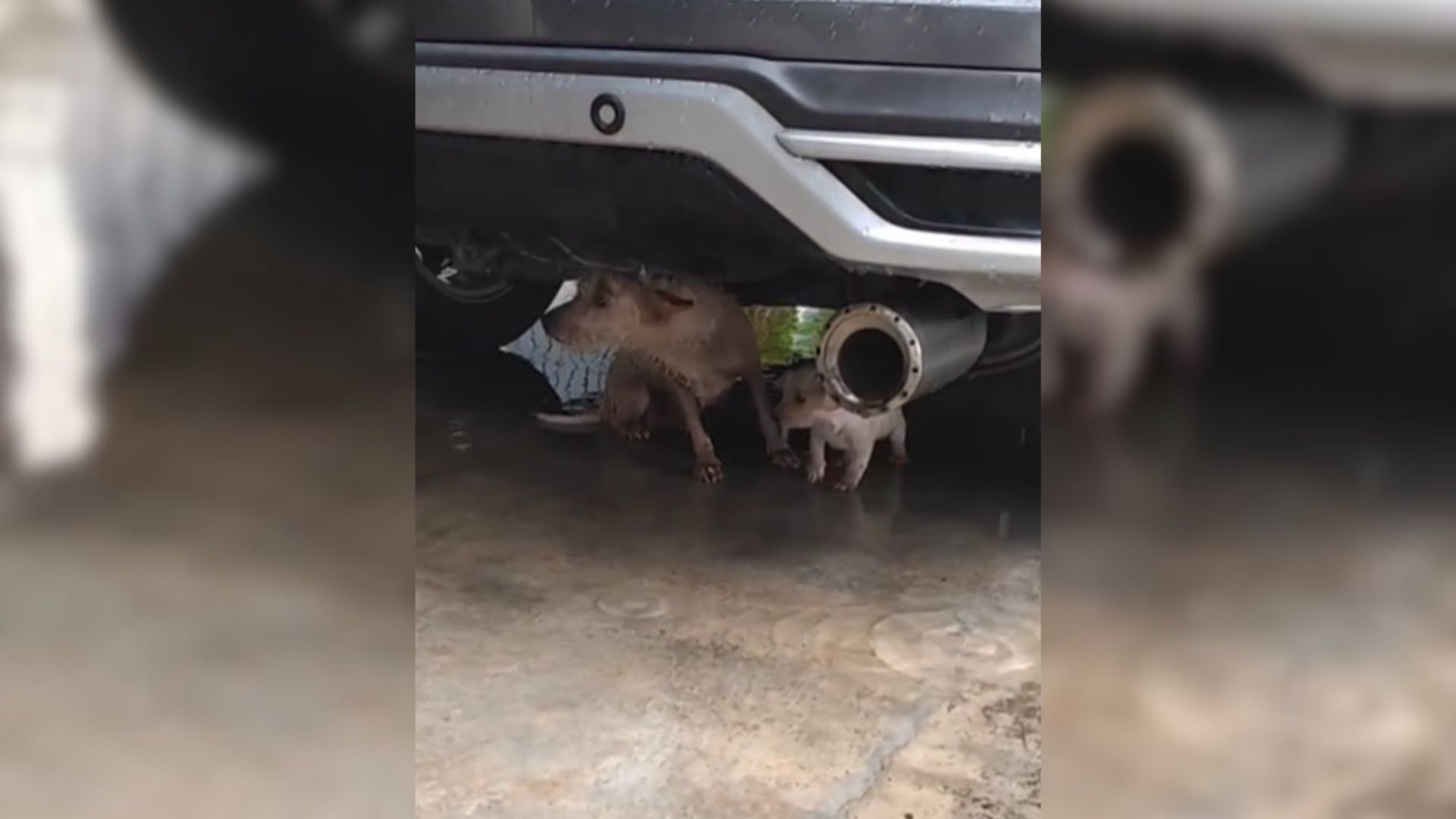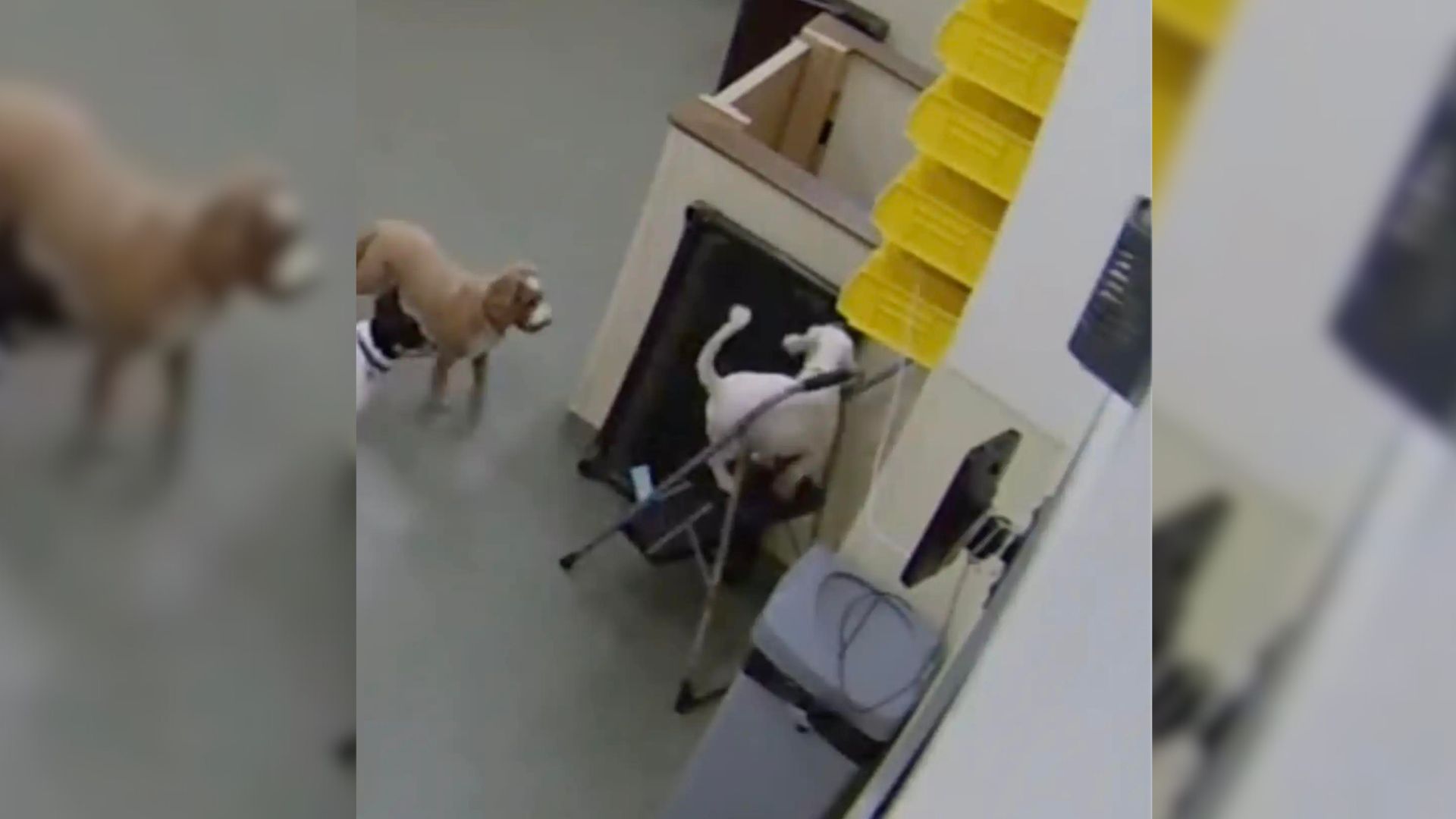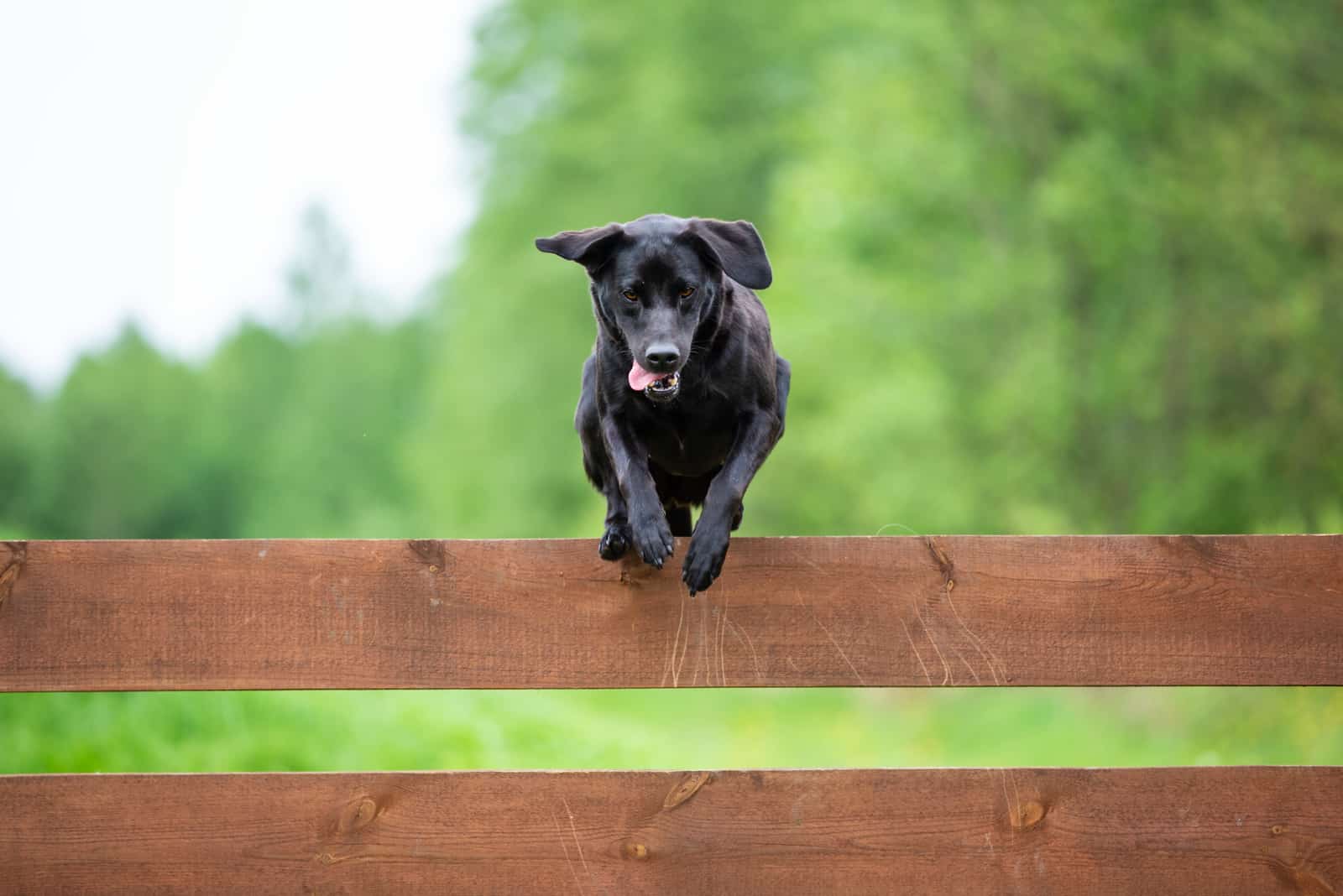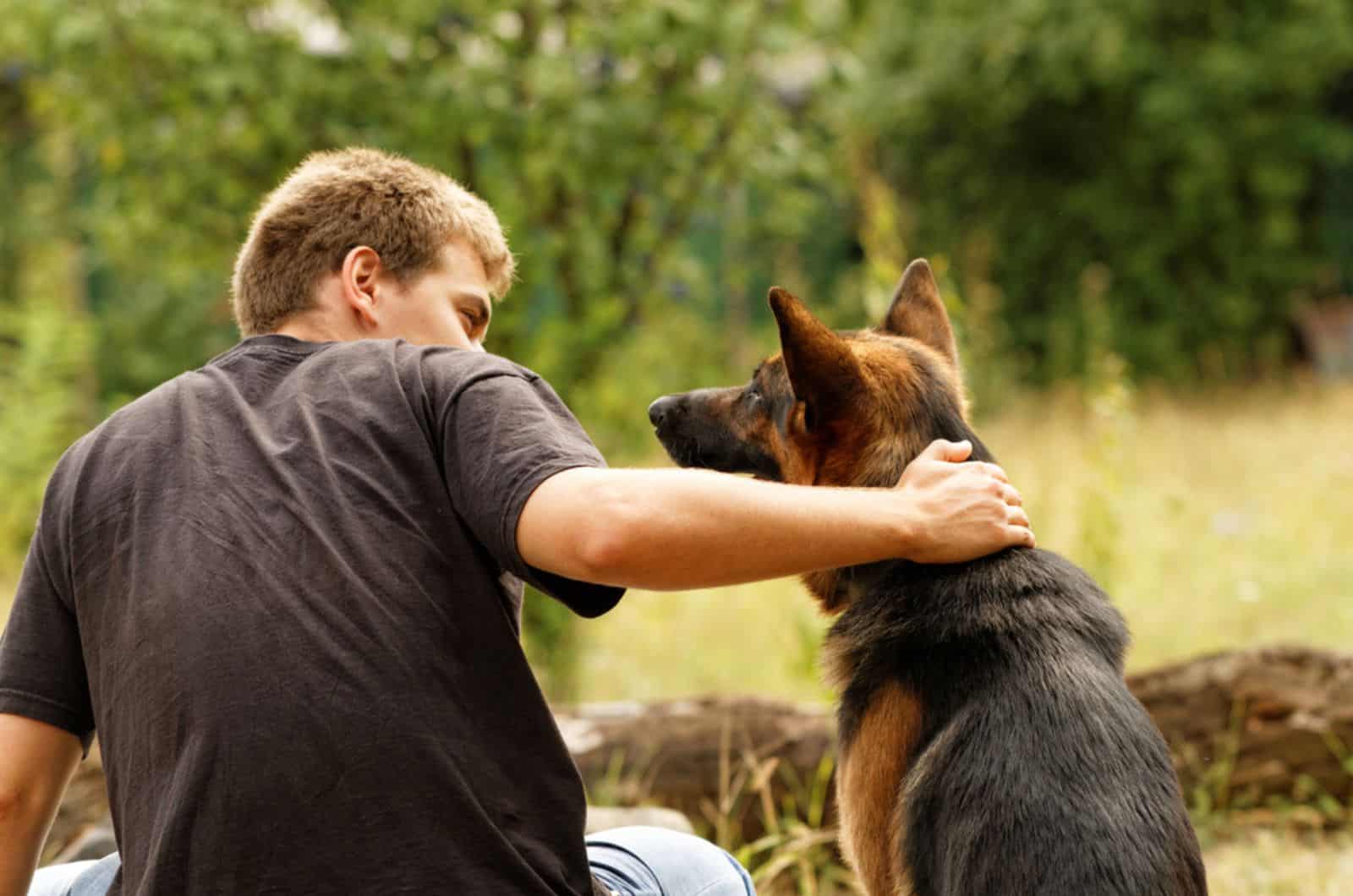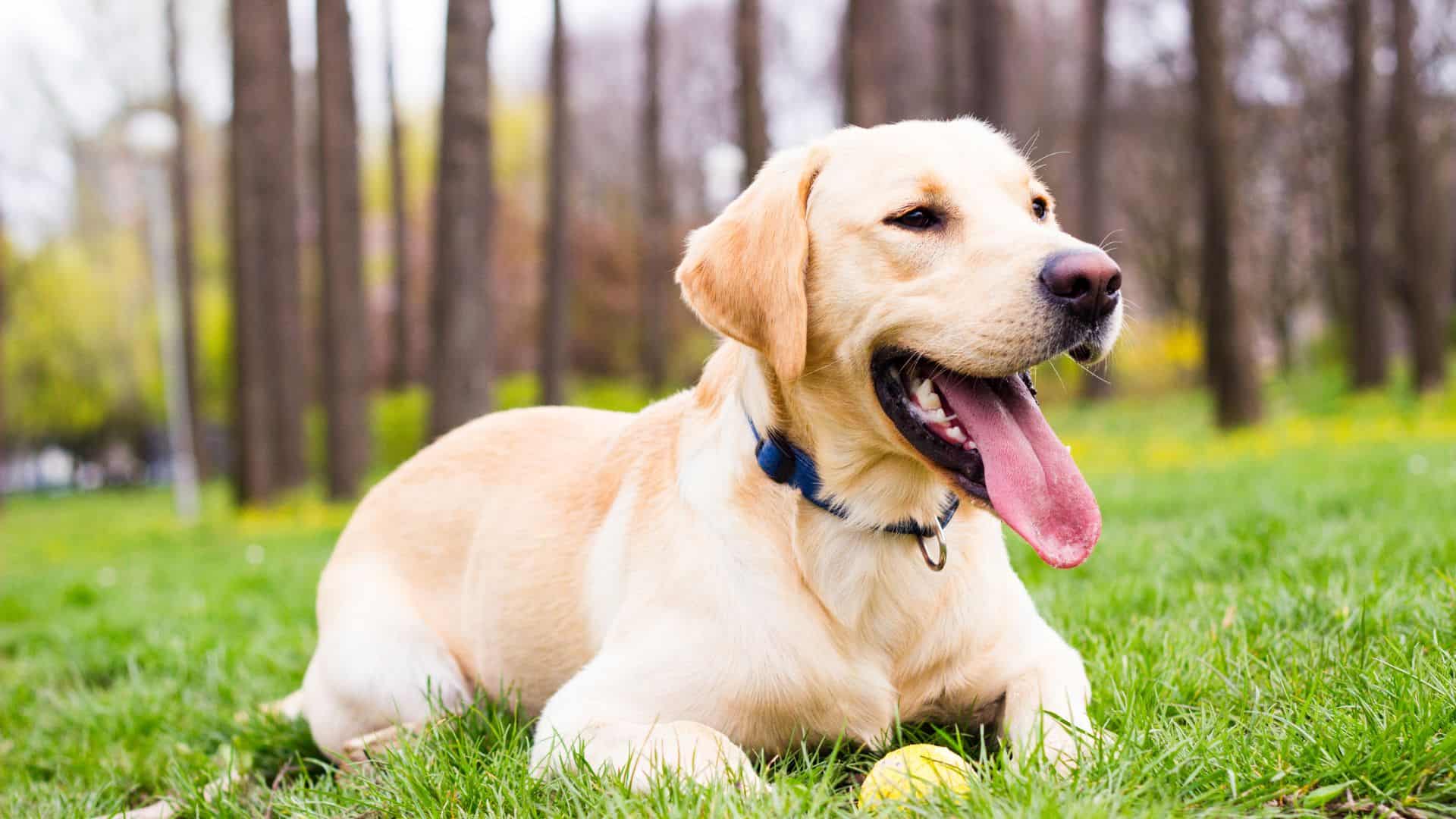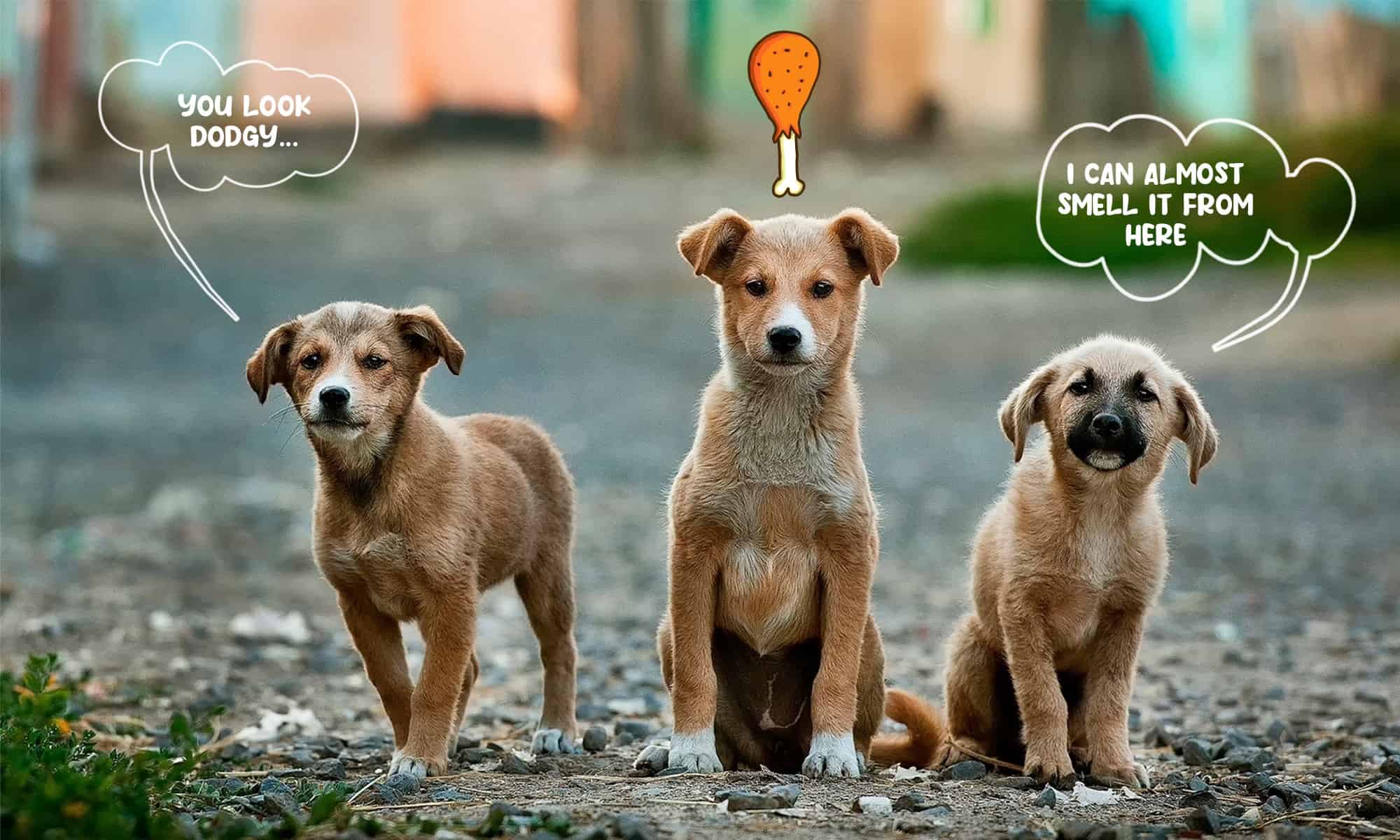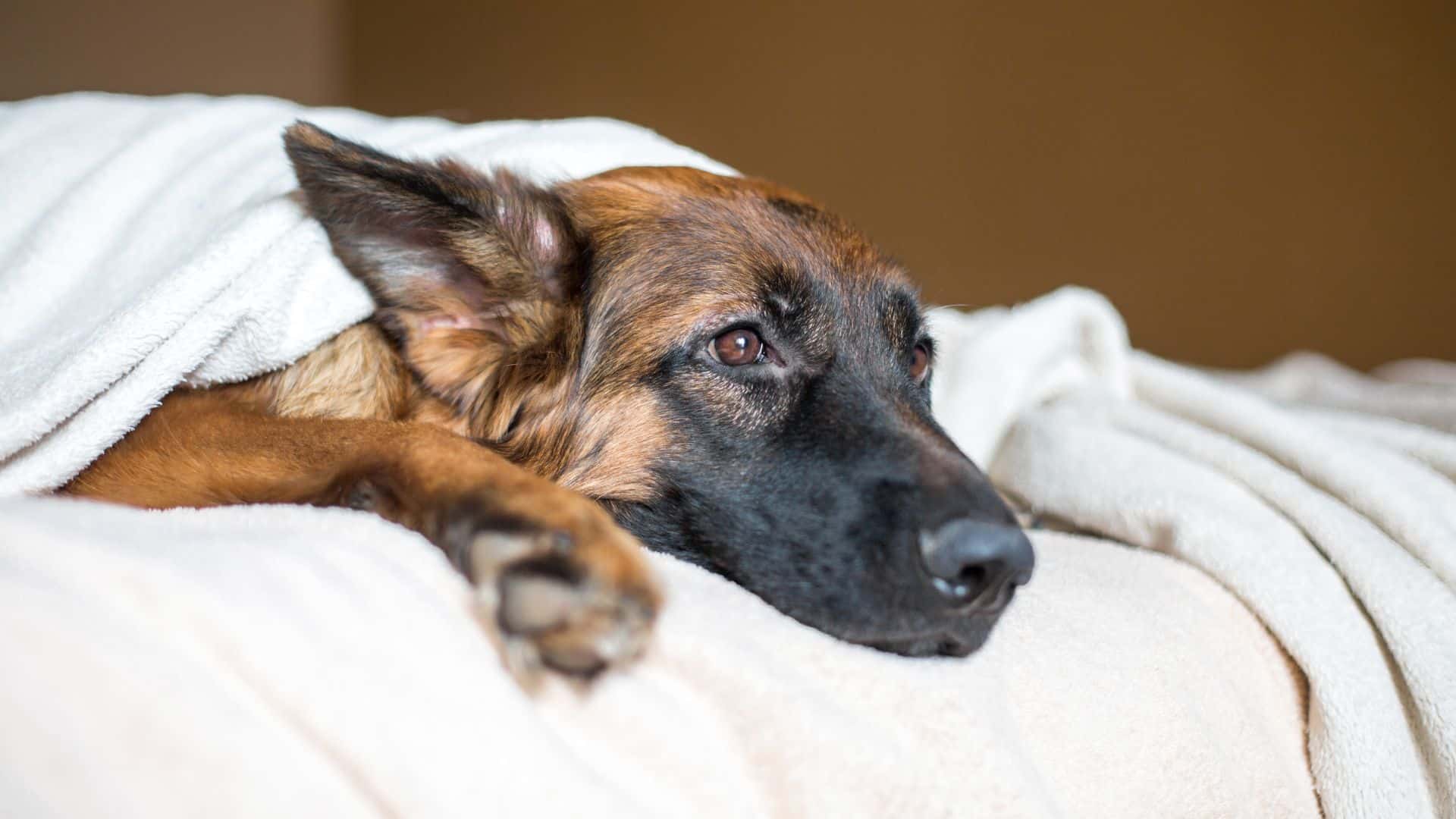Are you desperately trying to figure out your dog’s vocalization? Great, because today, we talk about “Why does my dog make weird noises!”
Every dog has its own unique ways of communicating with their owner. Some prefer body language, while others do it using their vocal expressions. Still, many dog owners have quite a hard time decoding their canines’ weird sounds, such as yelping, whining, and howling.
The purpose of this article is to present nine most common reasons for dogs making weird noises, as well as to give a rationale for every single one of them. Enjoy!
Why Does My Dog Make Weird Noises?

Even the biggest fluffs of dogs can be a real mystery at times, dog language-wise. There are numerous reasons for dogs making weird noises, as one specific vocalization can be rooted in several different emotion types.
That being said, a dog’s high-pitched barking doesn’t necessarily reflect pain, but it can also be the symptom of utmost excitement or alertness. But, what are the other reasons for puppies making weird noises? And, what are those noises?
Here’s the list of the nine most common explanations of the “why does my dog make weird noises” phenomenon. By the end of it, I hope you will be able to detect your furry buddy’s intent behind those vocal pieces of art.
1. Happiness
Have you ever heard of the expression, “happy barking?” Well, that (factually) is a thing! While many dogs lick their owner’s hand or wiggle in their presence, some dog breeds use barking to express their deepest happiness.
On the other hand, barking is usually related to guarding or notifying the owner that somebody’s at the door. This is a natural instinct of many watchdogs whose natural purpose is to alert.
As barking is not the ultimate language of happiness, you need to look into other accompanying signs, though.
Your puppy might also be wiggling, wagging its tail, smiling, or restlessly running around. It does all that? Good, because the barking mystery is solved!
2. Comfort And Coziness
Believe it or not, purring is not only related to cats! That’s right – dogs purr, too! Some of the finest lap dogs at times of utmost peace and comfort tend to purr out of pure joy.
This sort of behavior is generally related to dog breeds that naturally love spending most of their time by their owner. Unlike guard dogs whose initial purpose is to be on alert – dog breeds such as Pekingeese, Maltese, and Chis are highly prone to purring.
Their purring sounds are not exactly cat-like. It is more of a combination between purring, rumbling, growling, and snuffling.
3. Anger
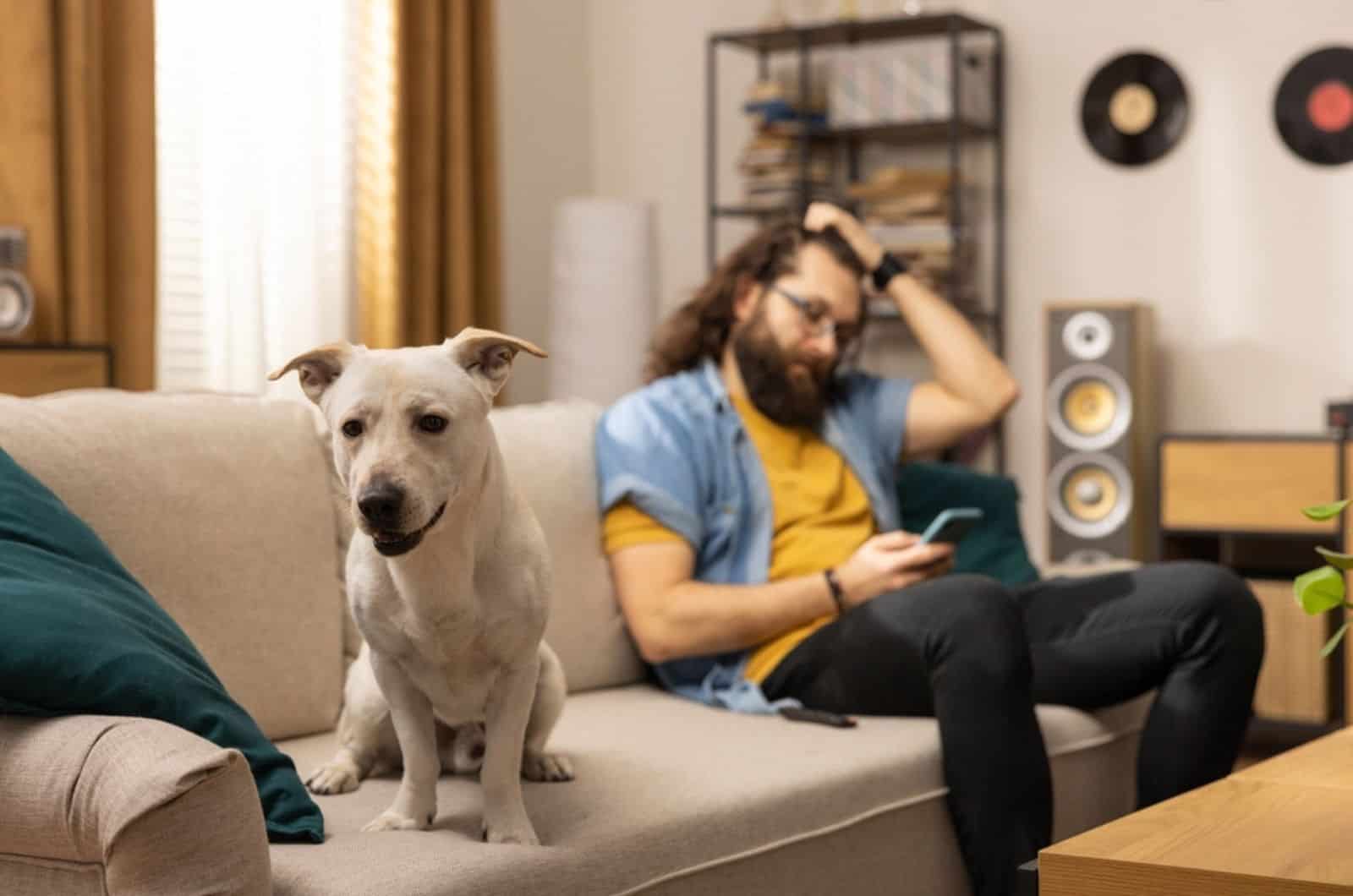
Anger is manifested throughout many different body language signs. Vocalization-wise, angry dogs growl and snarl to scare off their enemies and predators.
Even though this is generally the pattern of aggressive dog breeds, almost all dogs tend to growl in times of aggression.
The general advice to all dog enthusiasts is to stay away from a growling dog. Usually, puppies that growl are unpredictable and ready to attack, which is why you shouldn’t provoke further actions.
If your puppy does this a lot – you should find the trigger and resolve it. In certain situations, anger derives from stress, fear, or anxiety.
Possibly, some dog breeds will use barking alongside growling to express their deepest aggression.
4. Fear
Whimpering or whining is generally related to a dog that goes through a certain fear or phobia. This sort of behavior is mostly related to small, family dog breeds that naturally have a lower threshold for fear.
On the other hand, some of the bravest dogs in the world might display fear through a “frozen body posture”, their tail tucked between their legs, and a lowered head.
Fear generally derives from a specific set of circumstances that your dog is not naturally comfortable with. Fireworks, firecrackers, big crowds of people, or other dogs, can be a massive fear trigger that can cause an emotional outburst in your puppy.
5. Nose Problems
How often do you hear your dog snorting? Well, if it does happen on a regular basis, you may want to inspect your puppy’s health.
Snorting might be rooted in your pet’s allergies, such as dust mites, pollen, skin cells, and so on.
Alongside snorting, allergy-affected dogs might also be sneezing a lot, which is also a noise uncommon for canines. Other signs of allergy can be watery eyes, redness of skin, coughing, and congestion.
Even though allergies are a major condition, but are not fatal – untreated allergies can leave severe repercussions on your dog.
6. Alert
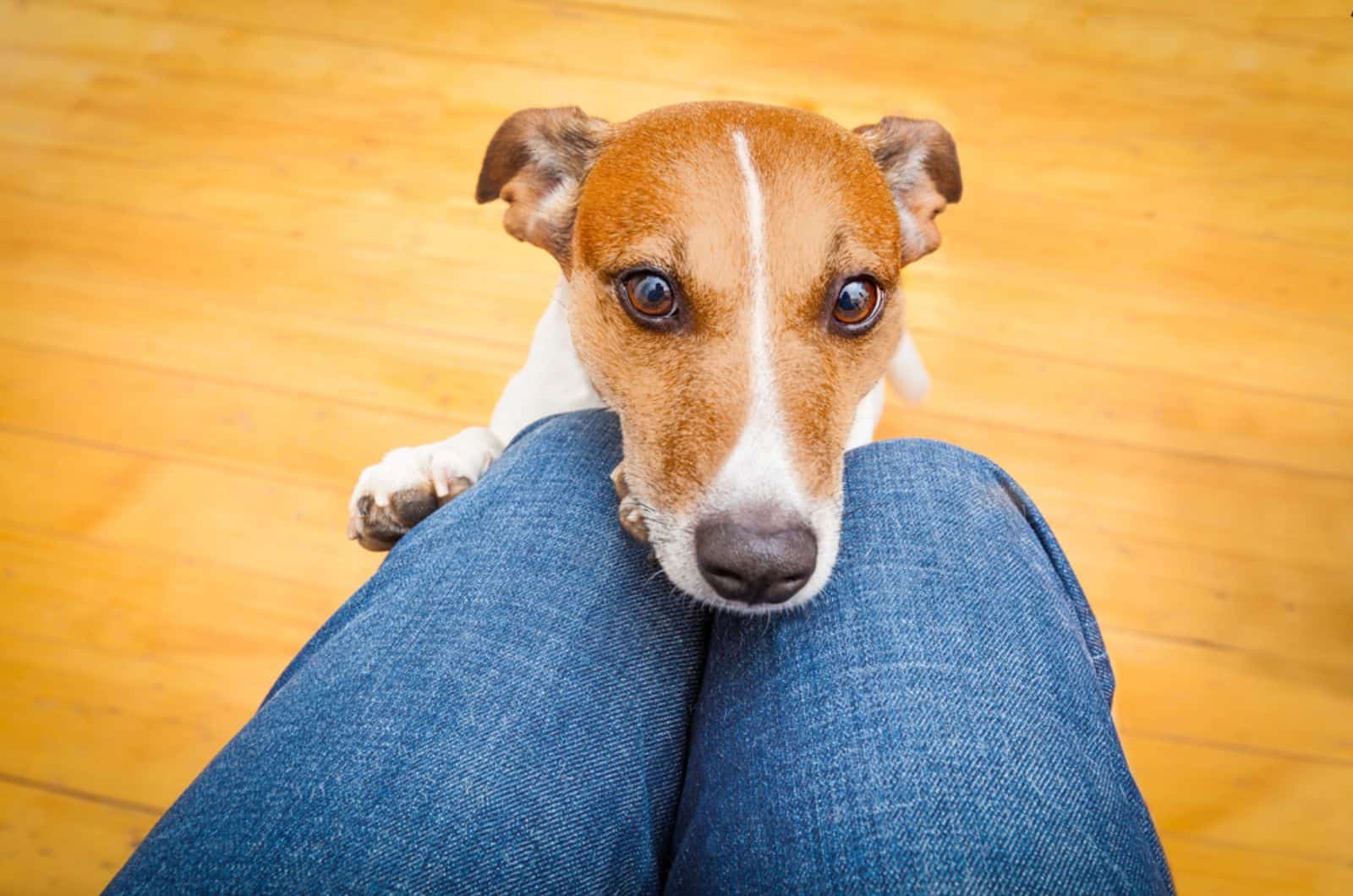
Not all dogs have a unique expression of alertness. Most of the time, big guard dogs tend to either bark or to use other body language methods to warn their owner about an upcoming danger.
Some will even lay on you, as it is a natural parental instinct of female dogs when protecting their litters.
On the other hand, it is common for smaller dogs to yelp a lot when they feel threatened.
Some puppies do something in between. Even though it may initially sound as yelping, this is actually high-pitched barking that is triggered by very deep insecurity and fear.
7. Attention Seeking
How often have you had a chance to deal with a clingy dog? Besides their naturally high-maintenance nature and all-time attachment to their owner – clingy dogs often tend to howl to get their owner’s attention.
While howling is naturally related to Spitz breeds like Huskies, this unusual vocalization is not that uncommon in times of solitude or dissatisfaction.
This might be a problem if you live in a city apartment, as howling dogs can be extremely overwhelming and hard to deal with. In this regard, you might need to train your dog not to howl or at least to moderate this weird habit.
8. Separation Anxiety
Separation anxiety in dogs is one of the most common problems of all clingy breeds. Generally, family dogs are not used to spending a lot of time without their owner, which is why they tend to develop self-destructive, anxious behavior.
That being said, a dog that copes with separation anxiety might howl, yelp, bark, or whine more than usual.
This sort of behavior is an expression of deepest insecurity and fear of solitude. In order to deal with an anxious dog, you need to find the trigger and deal with it. Separation anxiety is treated gradually, step by step.
The use of chew toys, interactive dog games, and TV dog shows might be helpful in this regard.
9. Sickness

Whining, coughing, whimpering, and even howling can be found in severe medical conditions, such as dog cancer. Puppies that express these types of sounds on a regular basis need to be subjected to an immediate vet examination.
On the other hand, you need to look into other accompanying signs, such as lethargy, body changes, mood swings, or lack of appetite that could indicate a disease.
Whining, in particular, is related to a certain pain a dog feels during times of sickness. This is an indication of a severe condition that might even result in death if not treated timely.
Summing It Up – Most Common Weird Noises And Their Meaning
The “Why does my dog make weird noises” list above contains nine most common behaviors in all dog breeds. Noises related to those behavioral patterns are: happy barking, purring, growling, snarling, whimpering, whining, snorting, yelping, howling, and coughing.
While happy barking is almost always related to happiness, and purring, to coziness, other weird noises might not always be rooted in the same emotion.
That’s why, alongside recognizing these vocalizations, you always need to look into other accompanying signs and body language expressions that might help you decode your dog’s behavior.
Read more: Why Does My Dog Sleep So Close To Me? Dog Behavior Explained

